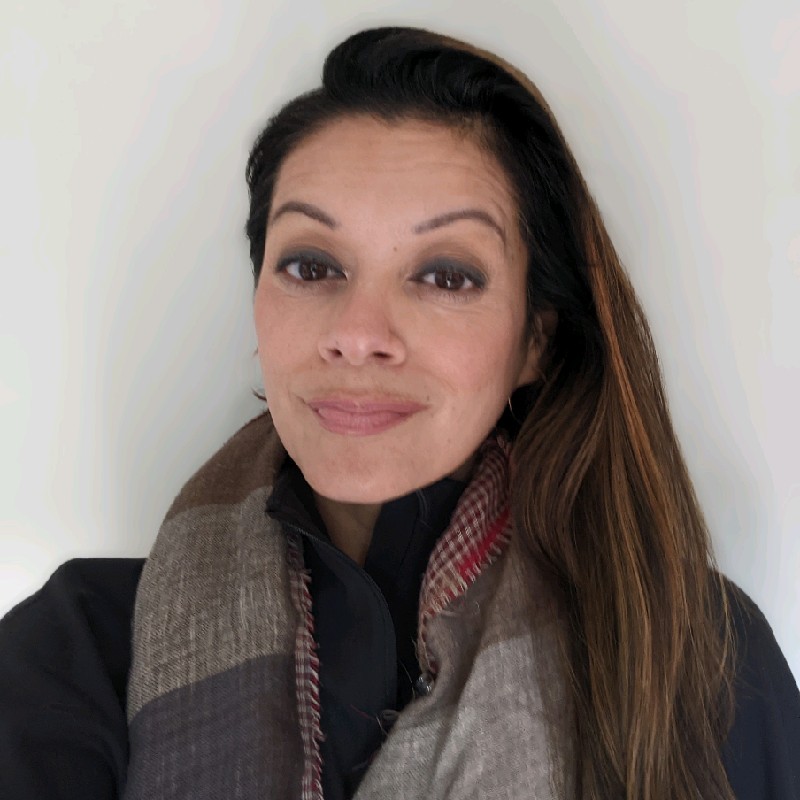Wirth Lab
The Wirth Lab focuses on understanding drug resistance mechanisms in malaria parasites and the use of population genetics for malaria surveillance. The lab uses a variety of investigational tools including ‘omics (genomics, metabolomics, proteomics), molecular biology, and biochemistry approaches to answer important biological questions.
Harvard T.H. Chan School of Public Health
665 Huntington Ave,
Building 1, Room 703
Boston, MA 02115
Our Team
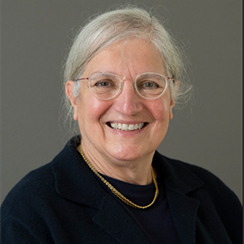
Dyann Wirth
Richard Pearson Strong Professor of Infectious Diseases
For over thirty years, Dyann has dedicated her research efforts to the field of molecular parasitology with a specific focus on the genetic determinants of parasite biology, namely, the mechanisms of drug resistance.
Dyann’s lab has developed many of the molecular tools used to analyze protozoan parasites including Plasmodium falciparum. She has established a collaborative and highly productive partnership among researchers at the Harvard T.H Chan School of Public Health, the Faculty of Arts and Sciences at Harvard University, the Broad Institute, and the University of Cheikh Anta Diop for high-throughput sequencing and genotyping of African malaria parasites.
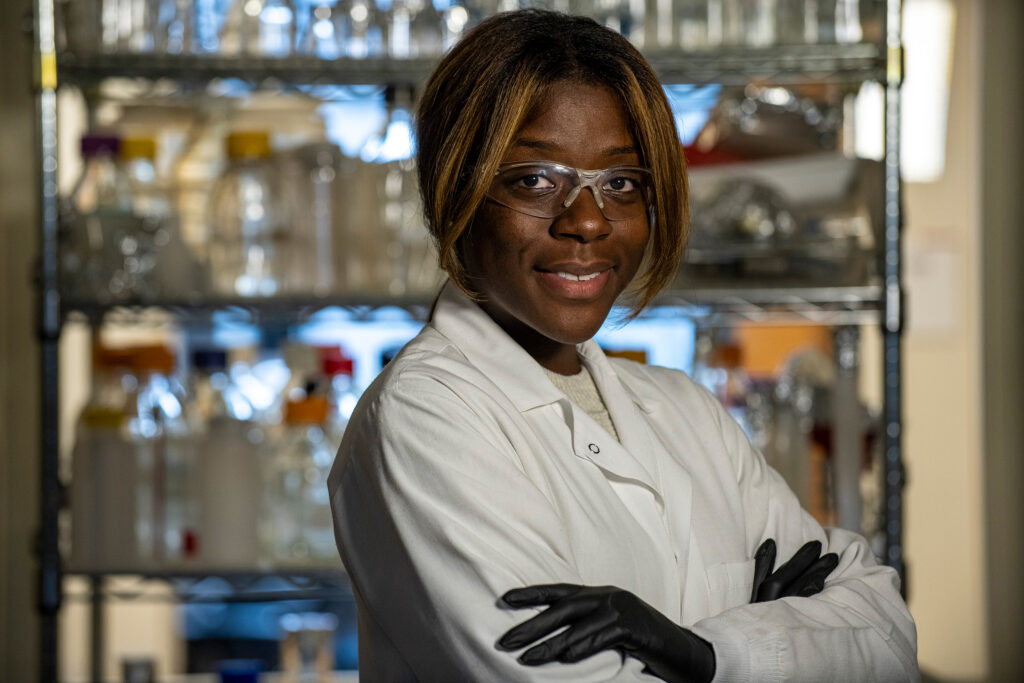
Researchers
Sarah Volkman is a Principal Research Scientist at the Harvard T.H. Chan School of Public Health with research interests in malaria biology, drug resistance, and population genetics. She leads efforts in collaboration with Professor Daouda Ndiaye at the University Cheikh Anta Diop and the International Center for Research and Training in Applied Genomics and Health Surveillance (CIGASS) in Senegal to apply population genetic strategies to identify genetic loci that contribute to drug resistance in malaria, as well to carry out molecular surveillance for ongoing threats including drug resistance, diagnostic failure, and insecticide resistance. Tracking parasite population genetic trends over time and geography using parasite relatedness has identified distinct transmission patterns and trends that help guide partners in the Senegal National Malaria Control Program about intervention selection and targeting. Her collaborative efforts apply malaria molecular surveillance to identify biologically and clinically relevant phenotypes and guide programmatic planning and evaluation.
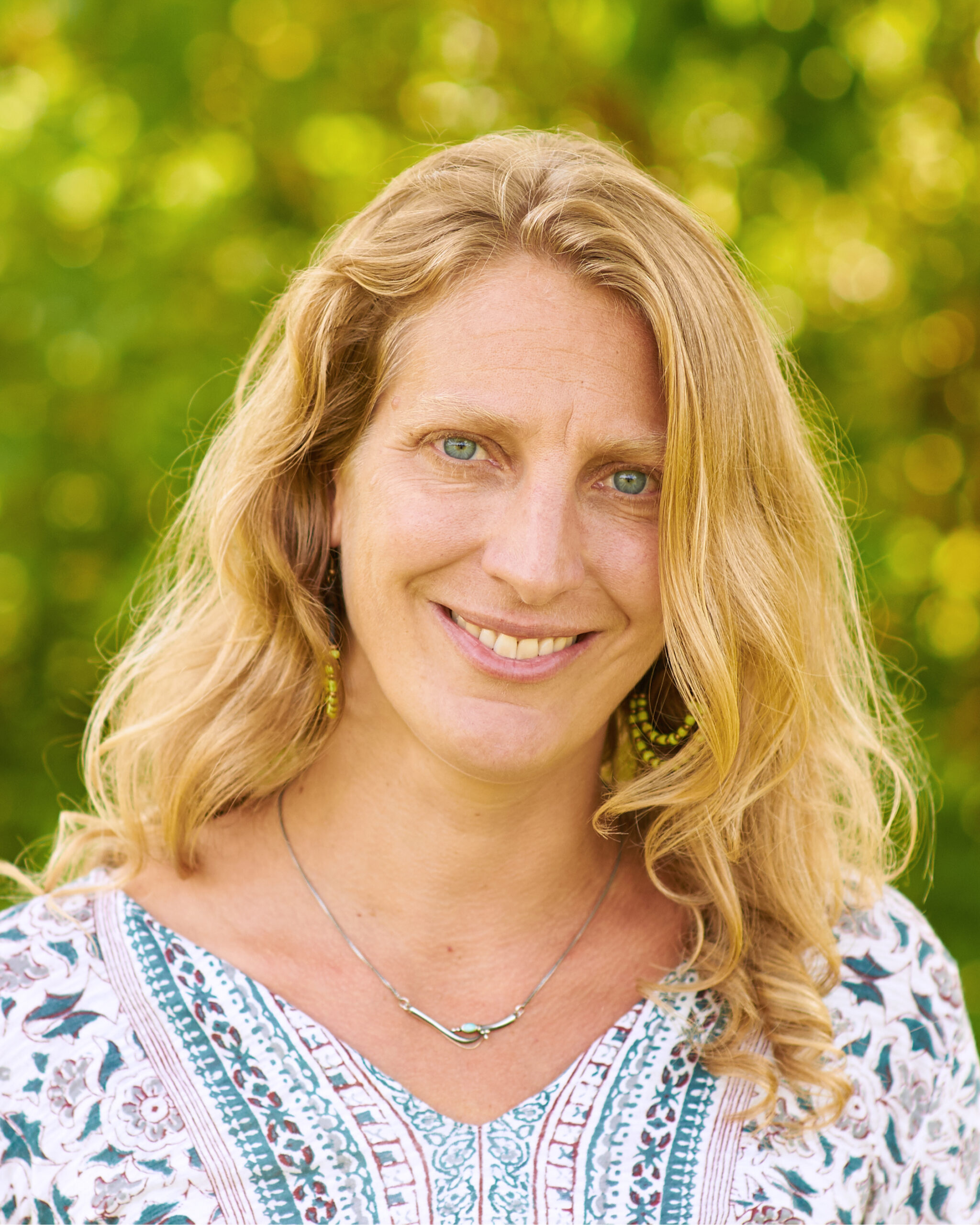
Dr Bopp is a senior research scientist with over 20 years of experience in malaria research ranging from gene expression, virulence factors, host and parasite genetics, to molecular mechanism of drug resistance. Her current interests in the lab focus on the evolution of drug resistance in malaria parasites. She especially works on identifying and describing new targets for antimalarial drugs and characterizing existing resistance in the field.
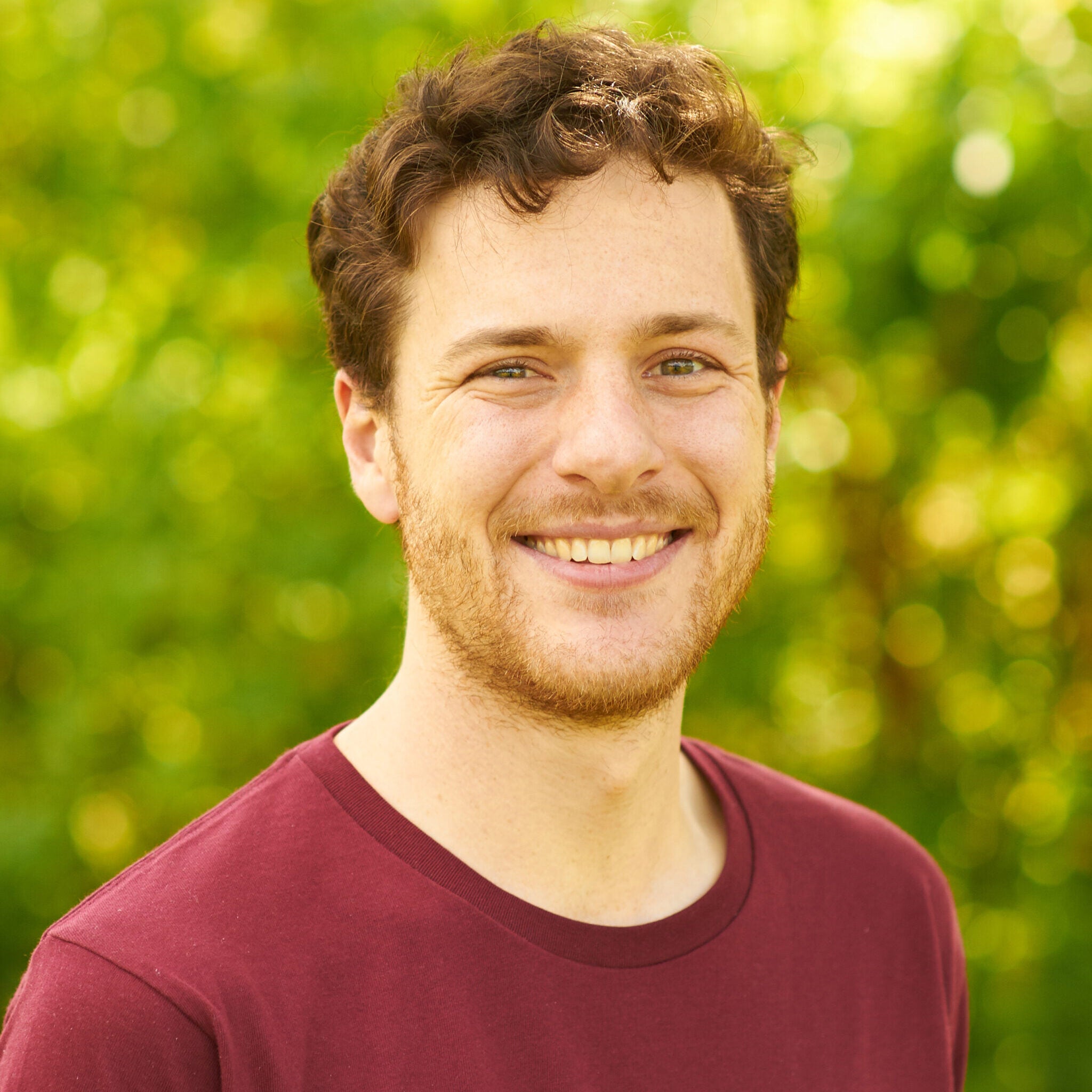
Rob is a Research Associate with more than 12 years of research experience in malaria. His core research interests focus on understanding the biology underlying novel antimalarial drug targets and mechanisms of drug resistance using a range of cell physiology, biochemistry and molecular genetics techniques. His current research focuses on the Plasmodium falciparum acetyl CoA synthetase (PfAcAS), a novel drug target implicated in protein acetylation and the epigenetic regulation of gene expression.
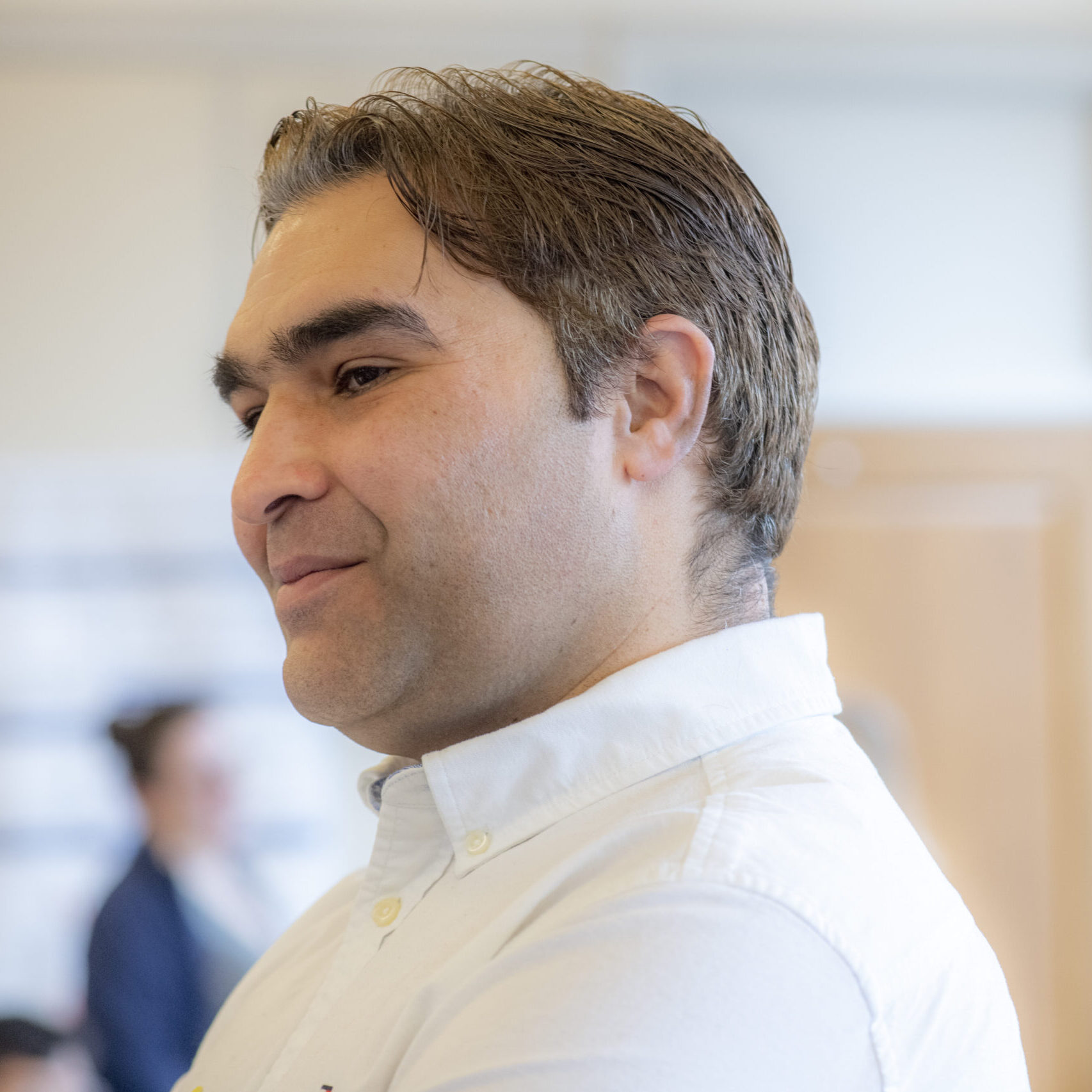
The current gold standard malaria treatments are artemisinin combination therapies (ACTs), but unfortunately, artemisinins are threatened by growing resistance. Imran employs cutting-edge cell and molecular biology techniques to understand the underlying mechanisms of Pfcoronin– and Pfkelch13-mediated artemisinin resistance. In collaboration with several other lab members and partners, Imran is also involved in assessing the potential impacts of specific Pfkelch13 and Pfcoronin polymorphisms in malaria parasites from Senegal, where ACTs are commonly used. These studies may inform decision making and/or provide early warnings of emerging resistance.
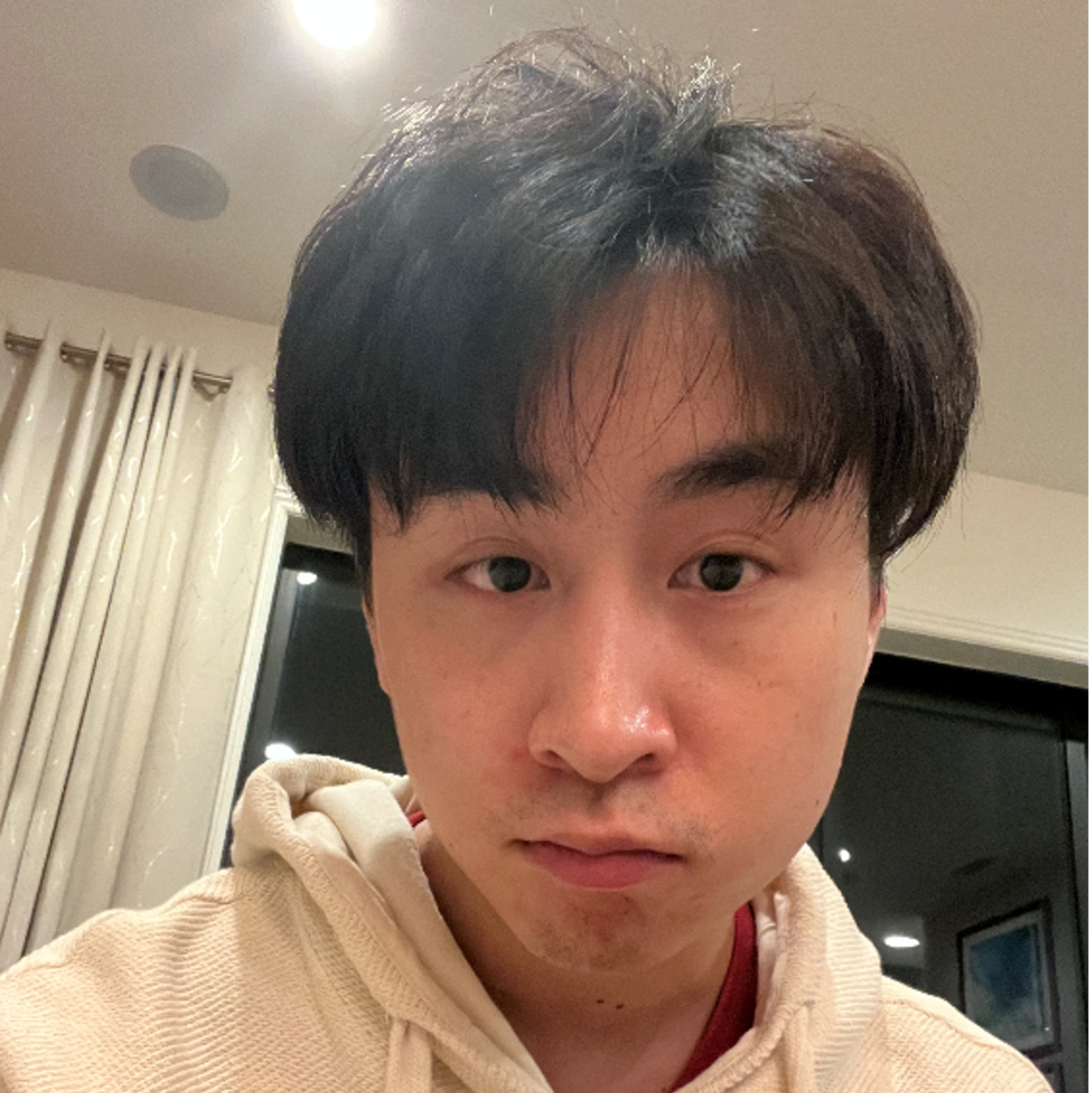
Wes is a research scientist in the Wirth lab whose research focuses on the intersection of parasite population genetics and epidemiology. He uses a variety of computational and analytical techniques to determine how genetics can be used to infer different aspects of malaria transmission and guide data-informed recommendations for malaria control efforts.
Postdoctoral Fellows
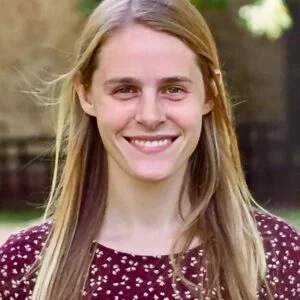
Kate is using a set of Plasmodium falciparum parasites collected from patients in Senegal over the past 17 years and their corresponding sequencing data to evaluate how antimalarial drug resistance trends in Senegal have changed over time. For her project, Kate is adapting these parasites to in vitro culturing conditions and phenotypically assessing them for drug resistance and fitness. These phenotypic assessments will determine if the changes in drug resistance mutations and their corresponding phenotypes are related to drug pressure from changes in antimalarial drug use over time in Senegal.
Graduate Students
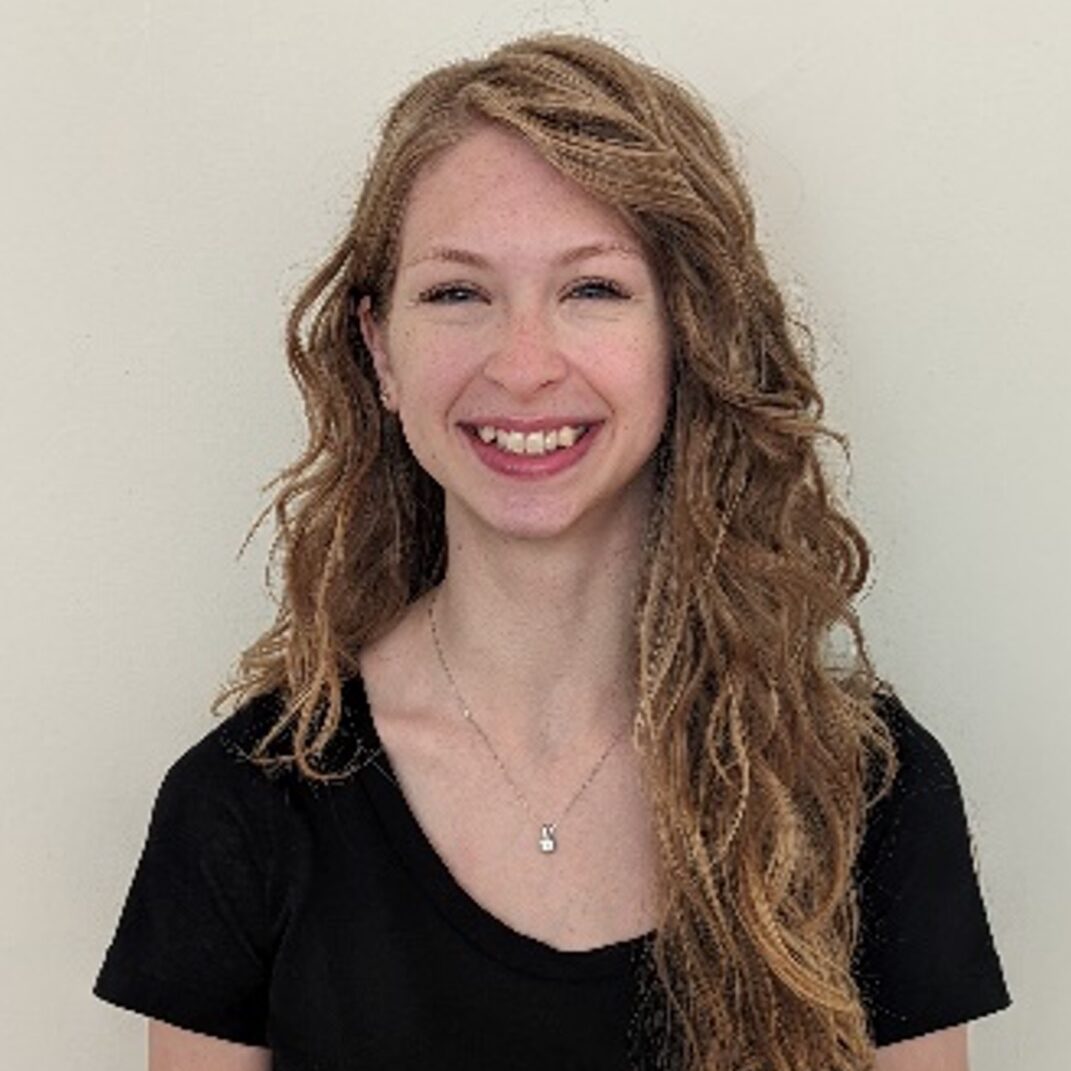
Madeline is a graduate student co-mentored by Dyann Wirth and Jeffrey Dvorin. Her work focuses on the discovery of compounds targeting the unique cellular division machinery of Plasmodium falciparum. Through localization studies, Madeline is also characterizing the function of PfCoronin, a protein implicated in reduced artemisinin susceptibility.
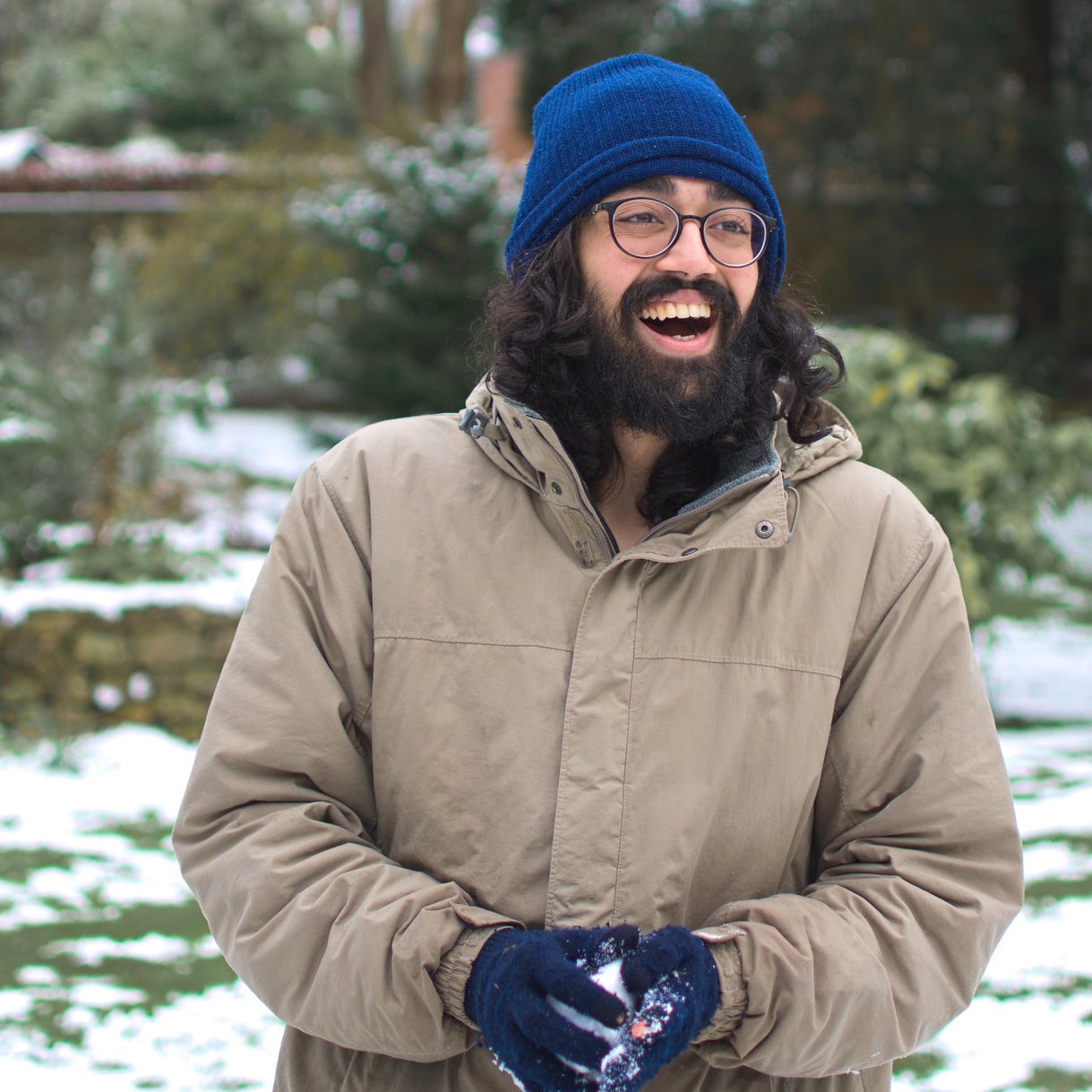
Malhar (he/him) is a grad student co-mentored between the labs of Professors Dyann Wirth and Flaminia Catteruccia. He is interested in the transmission biology of drug resistant malaria parasite P. falciparum through the mosquito and liver stages of its life-cycle, as well as studying the fundamental biology of the sporozoite and early liver-stages of the parasite. Malhar enjoys sketching, cooking, and looking at birds and mushrooms.
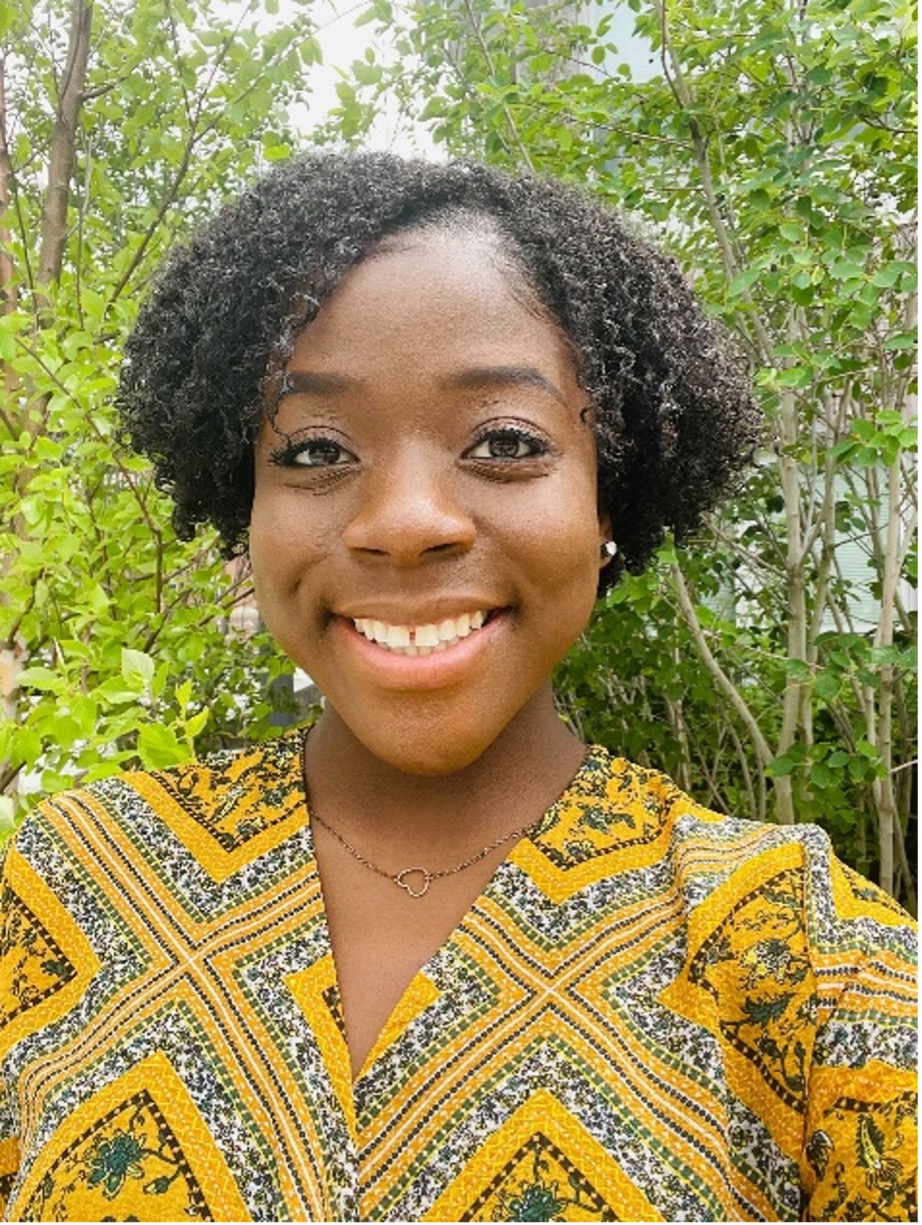
Morgan is a graduate student in the Wirth lab, currently pursuing her PhD in the Biological Sciences in Public Health (BPH) program. She is interested in 1) understanding the risk of Pfkelch13 and Pfcoronin variants conferring artemisinin (ART) resistance in a Senegalese genetic background and 2) further elucidating the molecular mechanisms underlying observed ART resistance.
Research Assistants

Paul is lab manager with the Wirth lab, and works in chemical biology, testing novel drugs for antimalarial activity and drug resistance in P. falciparum.
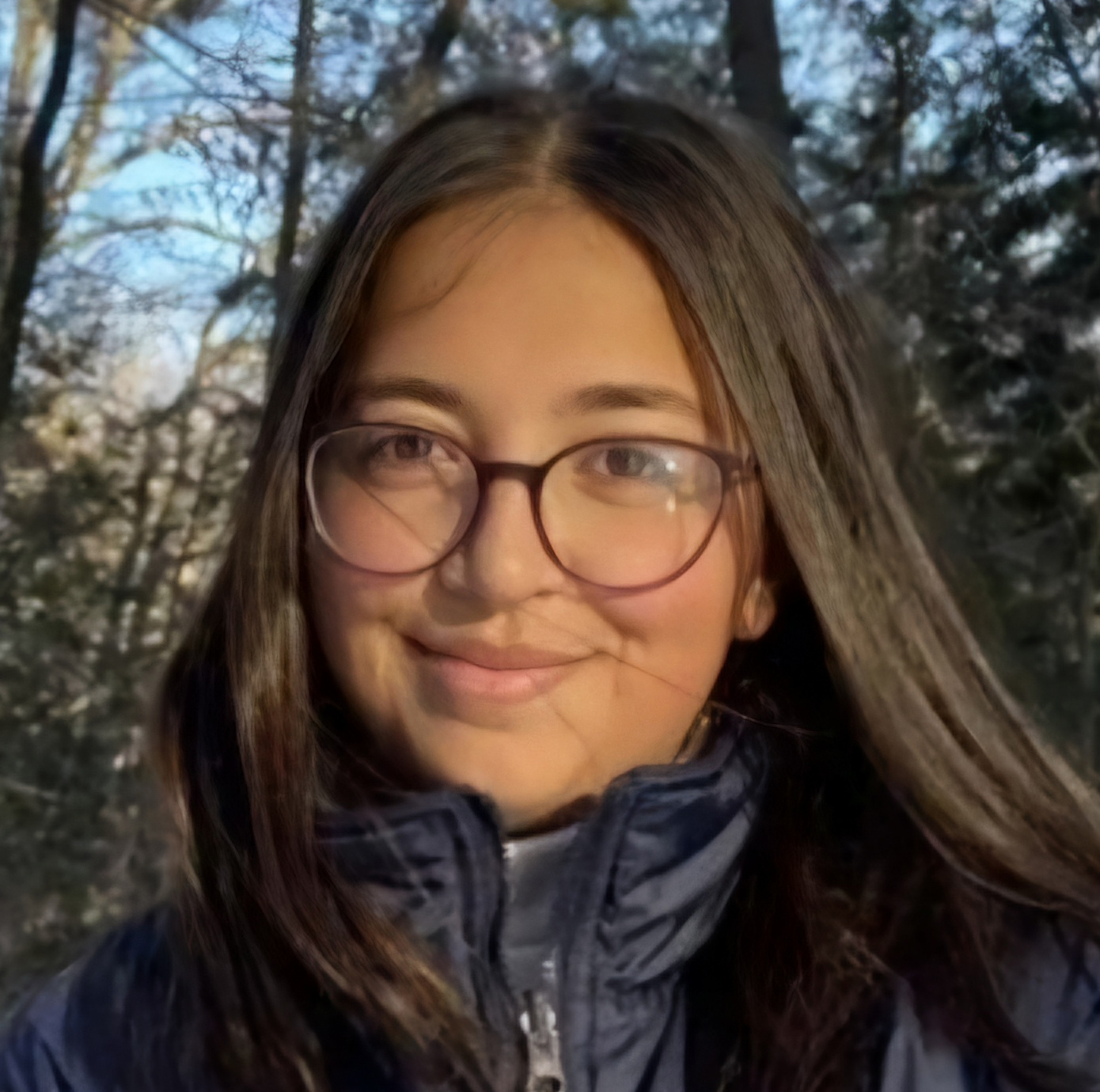
River is a recent graduate from Smith College with a B.A. in Biochemistry. Her research background includes studying gastrointestinal nematodes within Black Rhinoceros to provide novel information for conservation efforts. During her undergraduate studies, she was given the opportunity to do field research at a game reserve and present her work within South Africa. River is excited to learn from and work with the lab.
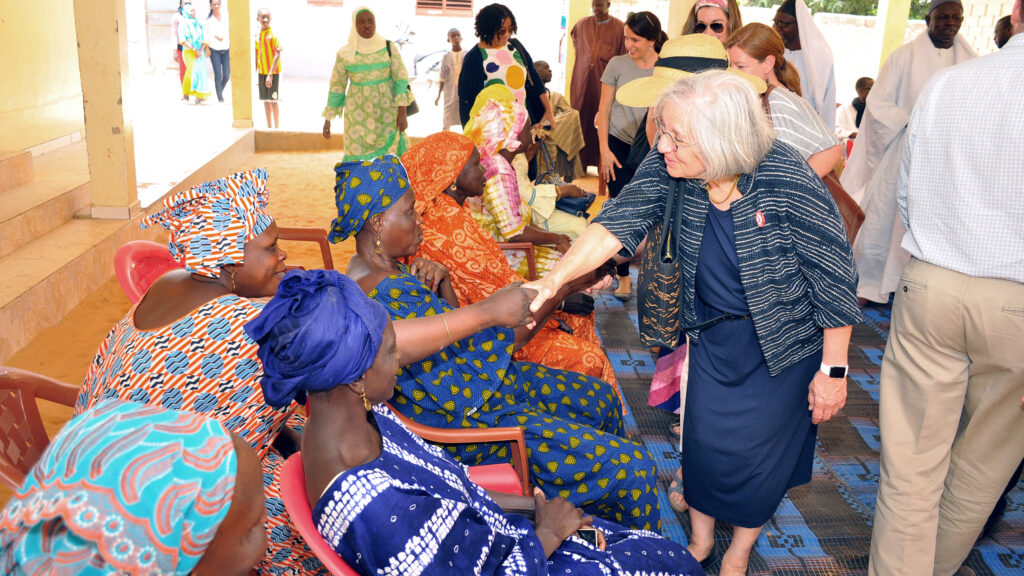
Collaborations
Senegalese National Malaria Control Program
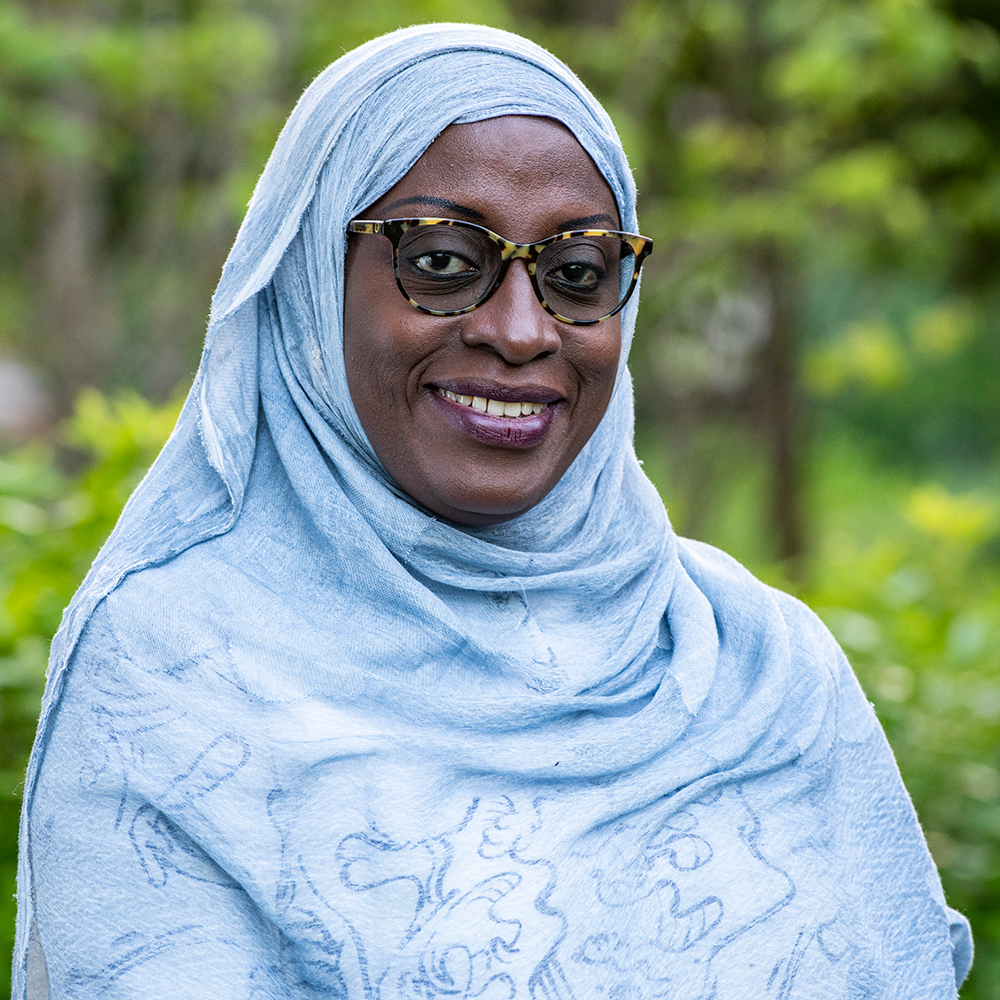
PARMA-Hub is a Capacity Development program, and Awa’s role is to coordinate the analysis of samples collected from efficacy studies with the mission to strengthen malaria molecular surveillance on the African continent.
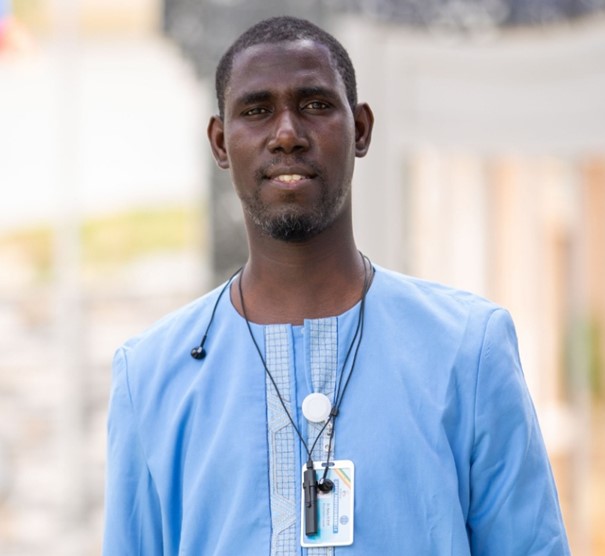
Baba is interested in malaria drug resistance specifically on phenotypic assays: routine drug susceptibility tests and survival assays. The phenotypic approach will help monitor the susceptibility of current antimalarial in use in Senegal and explore the effect of new mutations on parasite susceptibility to drugs.
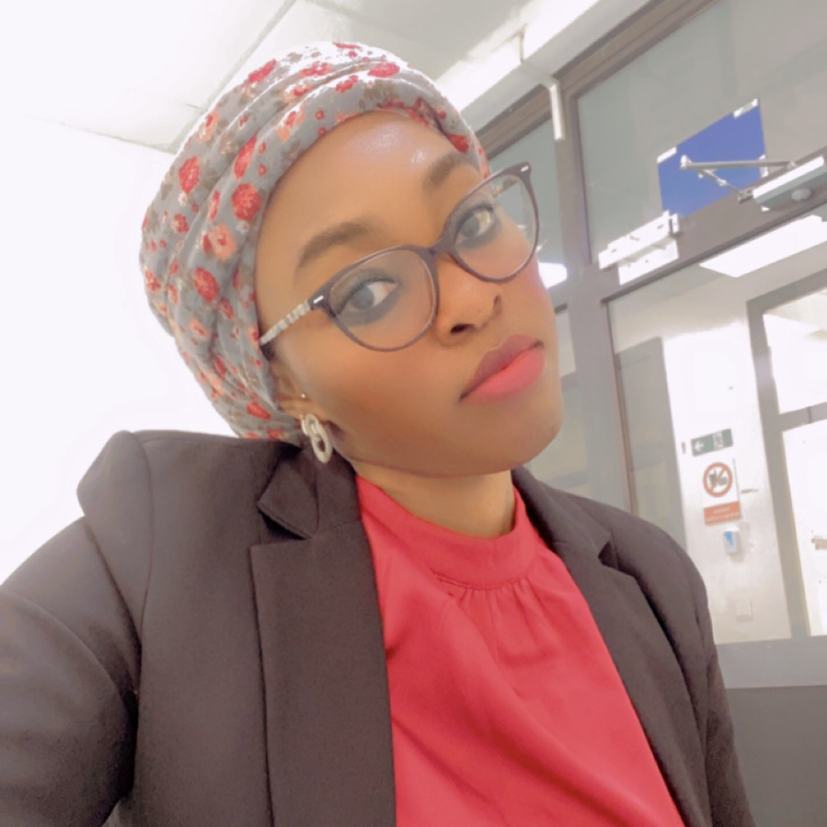
Amy has a Ph.D. in Molecular Biology and is involved in genomic research and infectious disease. Her current focus is using molecular tools for malaria drug resistance surveillance in Senegal.
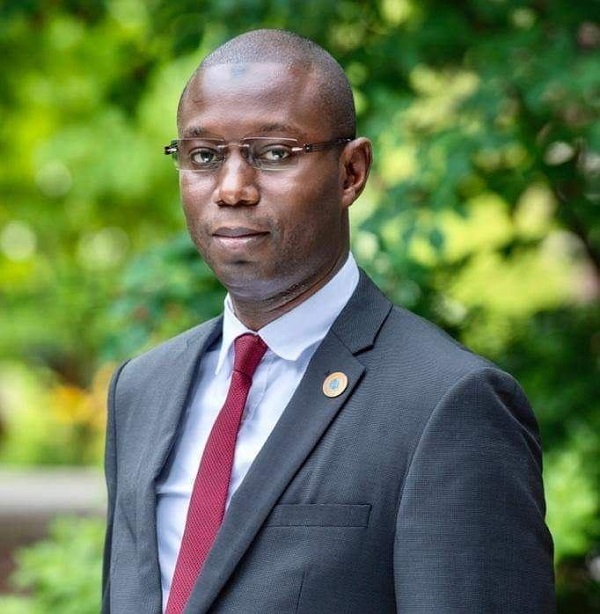
Professor Ndiaye manages field site activities in Senegal for a number of collaborating institutions, including Harvard University, Tulane University, and the Broad Institute of MIT and Harvard. He serves as director of the International Research and Training Center on Infectious Pathogens and Genomics, and Senegal-Director of the Senegal Harvard Malaria Initiative.
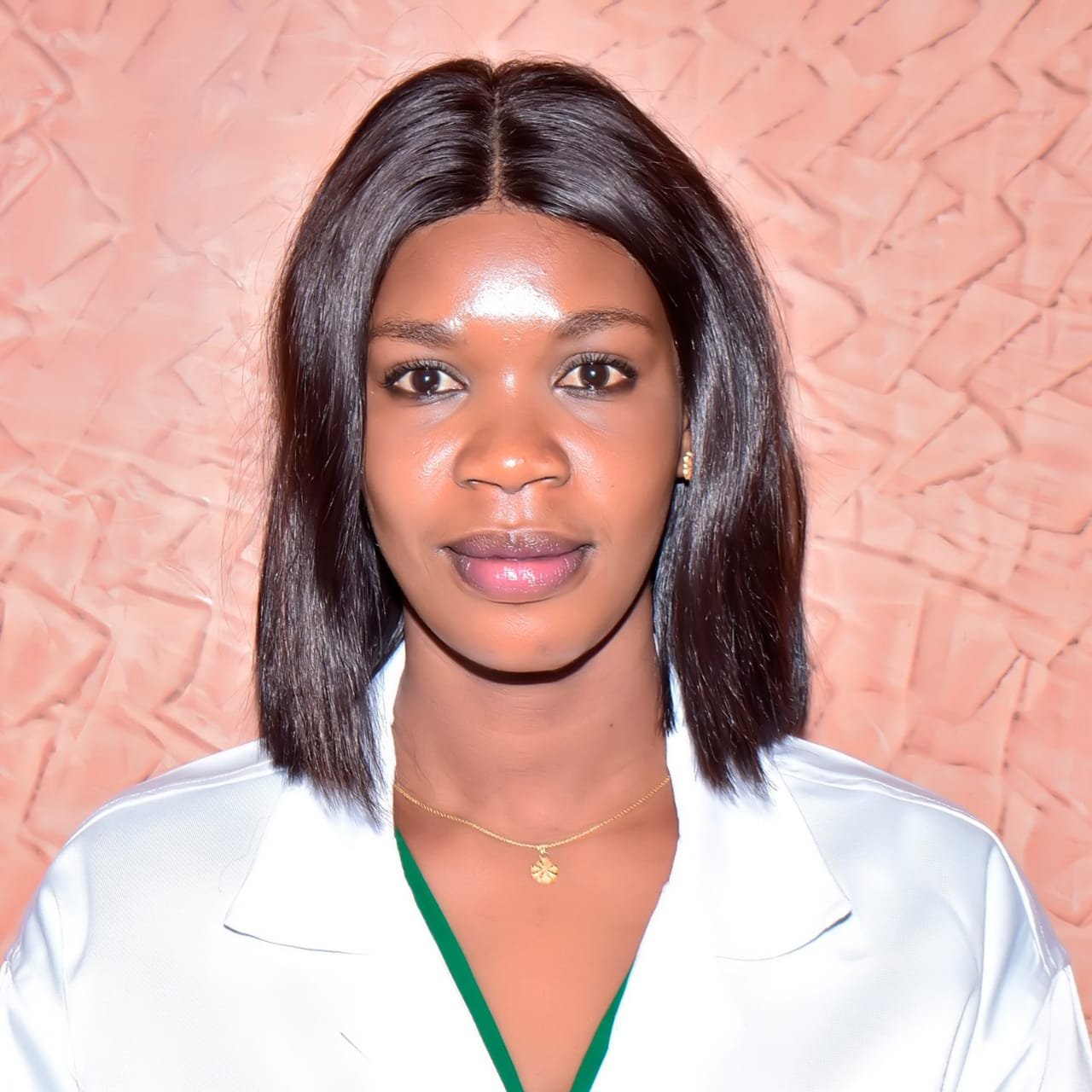
Tolla Ndiaye is a PhD and postdoc researcher at the Fidock Lab, Columbia University working on Plasmodium falciparum drug resistance.
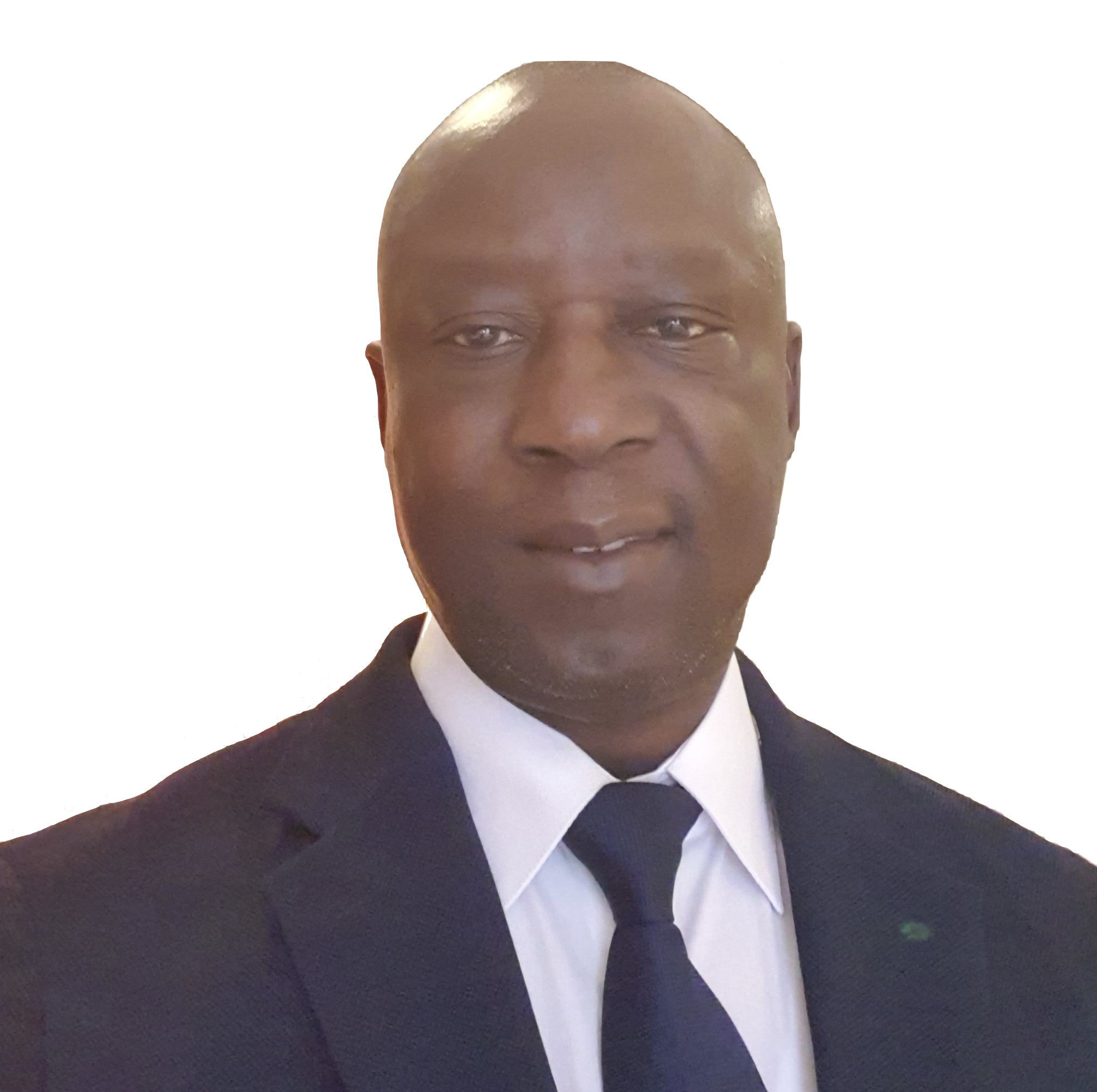
Mr Ndiop is the lead economic planner at National Malaria Control Program, tasked with activities planning, surveillance, epidemiologic analysis, monitoring and evaluation of malaria. Starting in 2017, he has been the Co-Chair of Roll Back Malaria, an organization focusing on the monitoring and surveillance of malaria.
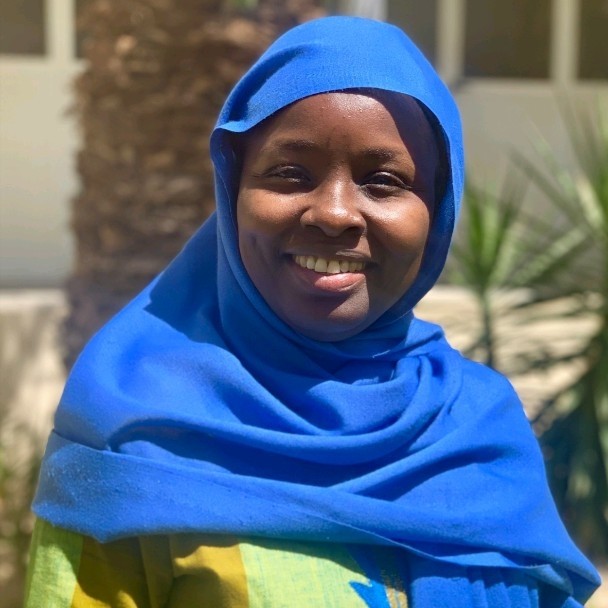
Aida is interested in investigating the burden of non falciparum species in the context of malaria elimination in Senegal and the pathogens responsible of non-malarial fevers in Senegal.
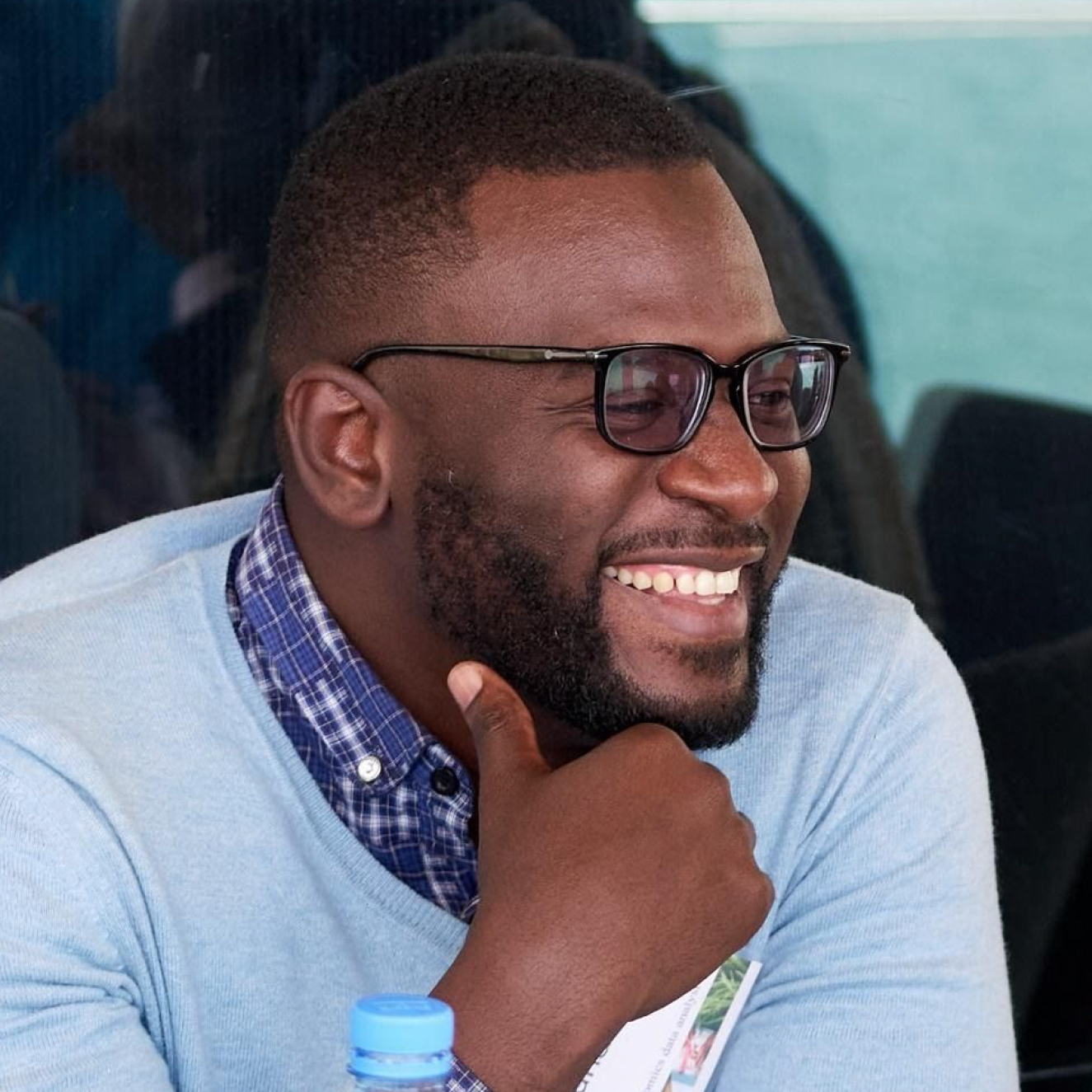
Mouhamad Sy is a PhD student at the Laboratory of Parasitology at Hôpital Aristide le Dantec, Université Cheikh Anta Diop in Dakar, Sénégal. His research concerns Plasmodium falciparum diversity and drug resistance using specially target amplicon deep sequencing and metadata analysis. He has experience on malaria field research and on pathogen discovery using metagenomic sequencing.
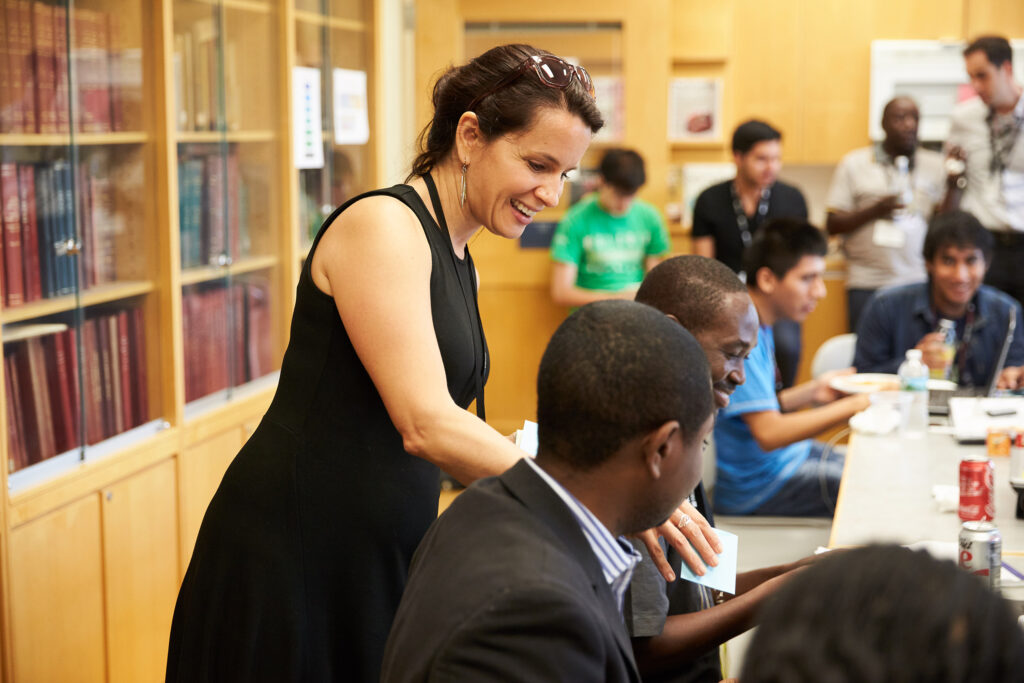
Broad Institute
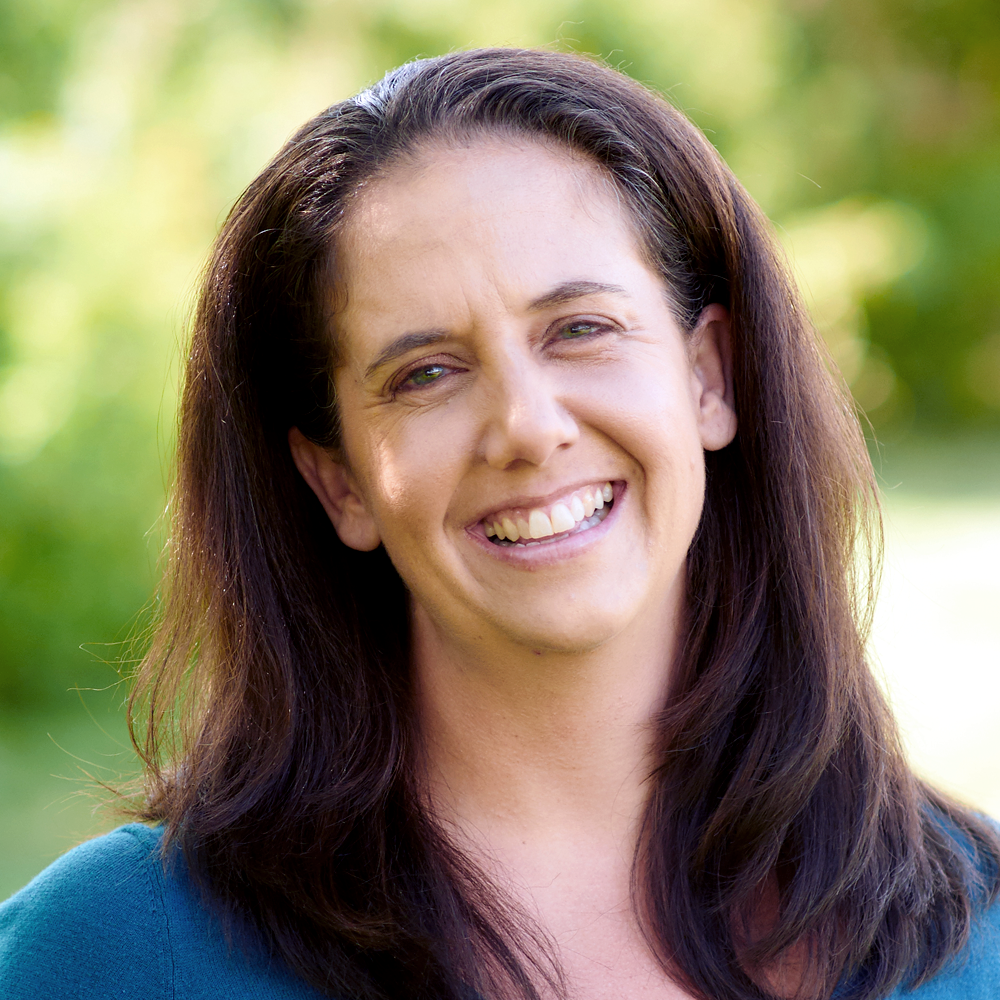
Amanda Leads the Chemical Biology Project in the Wirth Laboratory. She leverages chemical biology, in vitro evolution, and whole genome sequencing to discover and interrogate chemically validated targets that can be used to guide drug design, identify drug targets in the malaria parasite, and to understand mechanisms of drug resistance.
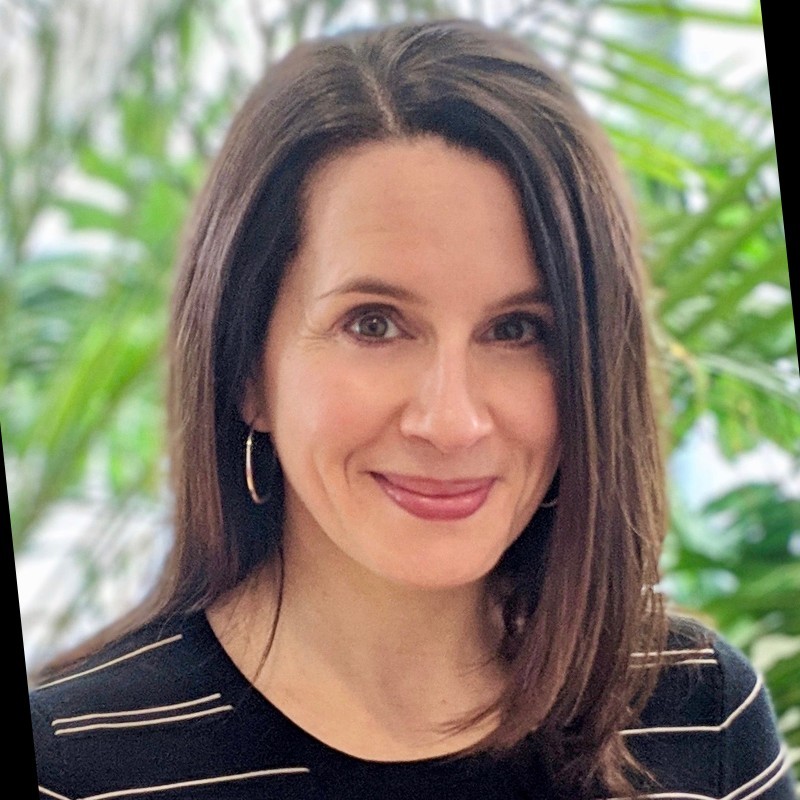
Paul is lab manager with the Wirth lab, and works in chemical biology, testing novel drugs for antimalarial activity and drug resistance in P. falciparum.
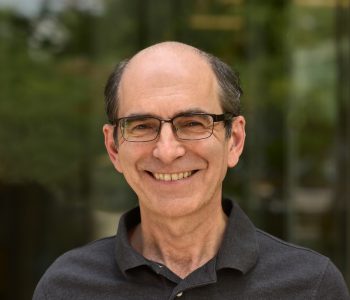
Harvard Defeating Malaria
